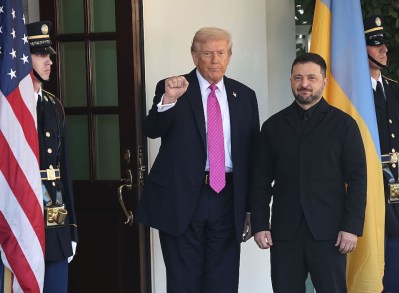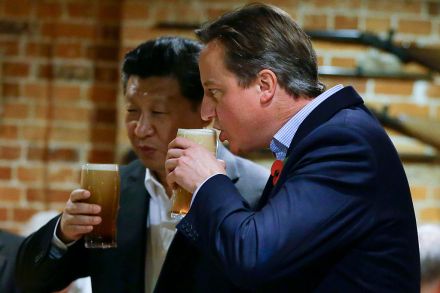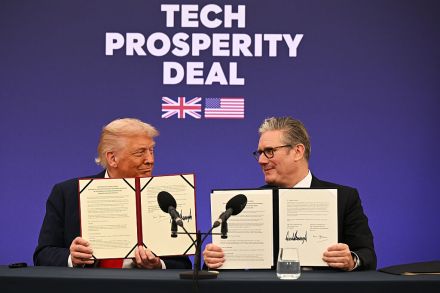‘I know names are being withheld!’ – Alan Dershowitz on Epstein & the client list
Lawyer Alan Dershowitz joins Freddy Gray to react to the 20,000 newly released Epstein emails — and why he believes far more remains hidden. He discusses Trump’s appearance in the documents, the contradictions in Virginia Giuffre’s testimony, the FBI’s real “client list”, and why judges are still sealing major depositions.




















